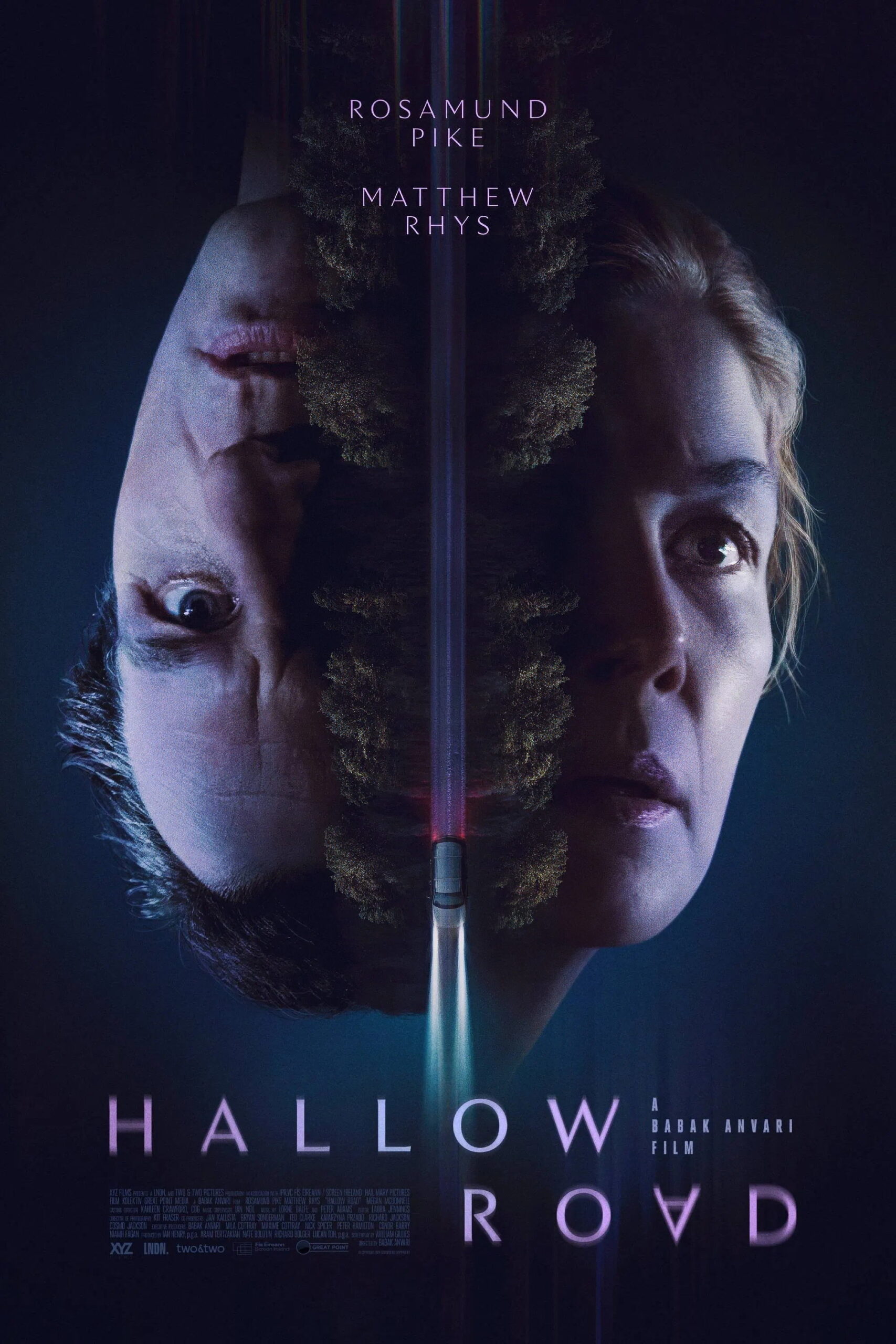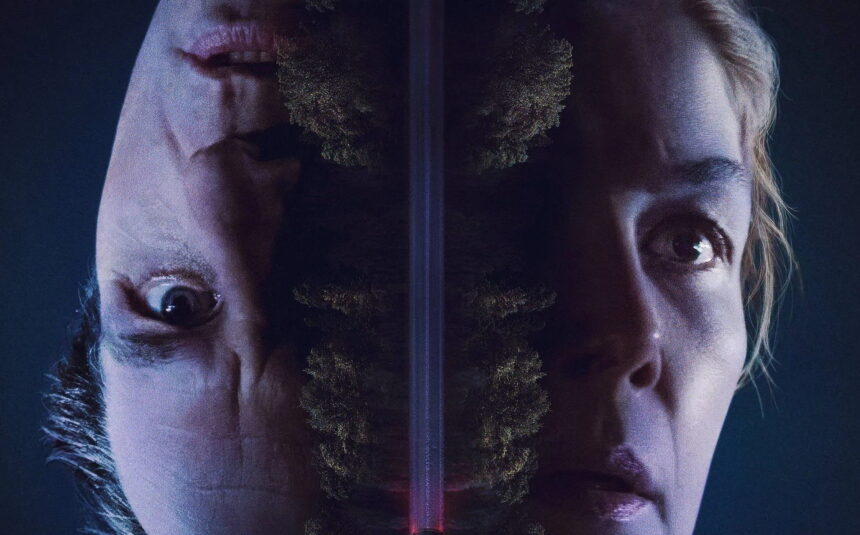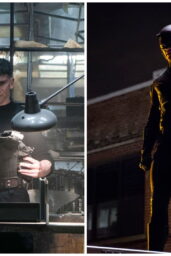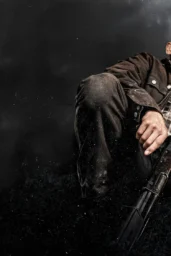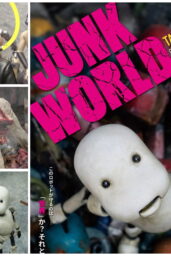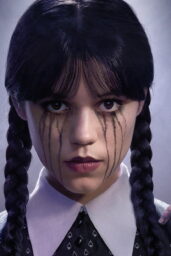This Horror Film Left Me Sweating—and Wanting to Throw My Phone
I've seen demons crawl out of TVs and cults chant in goat-skin cloaks—but nothing got under my skin like Hallow Road, a horror film that never leaves the inside of a car.
Picture this: Rosamund Pike and Matthew Rhys hurtling down deserted roads, desperate to reach their daughter after a horrific accident. No blood. No boogeyman. Just a speakerphone, static, and the unbearable sound of your child falling apart.
It's the anti-‘Saw.' The horror is in the waiting.
A Thriller Told Entirely Through a Phone Call? Yes—And No.
Director Babak Anvari, known for Under the Shadow, trades jump scares for existential dread. Hallow Road, which premiered at SXSW 2025, is less about what's happening and more about what could be. Imagine Buried meets The Babadook, only your monster is a bad cell signal and a daughter whispering, “She's still breathing.”
Pike (as Maddie) and Rhys (as Frank) spend 80 minutes locked in a panic spiral, arguing, spiraling, unraveling—all while driving through a fairy-tale-gone-wrong forest. Their daughter, Alice, hit a girl on Hallow Road. Or so she says. Or so we think. There's something off. Something unseen. And that's the point.
“Whatever's behind the door is scarier than anything the film can show you,” one review noted—and it nails the entire thesis. This is horror by implication.
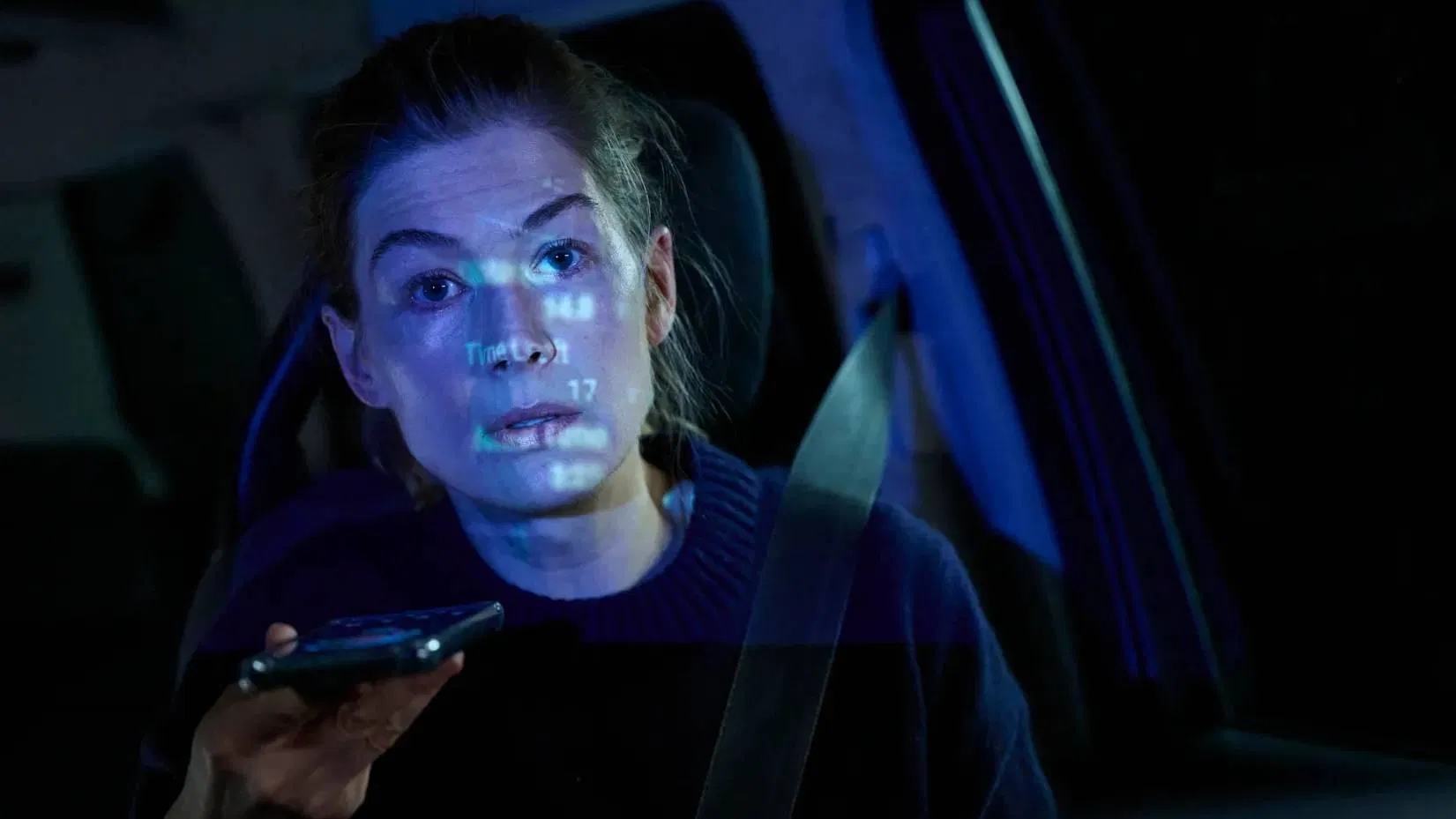
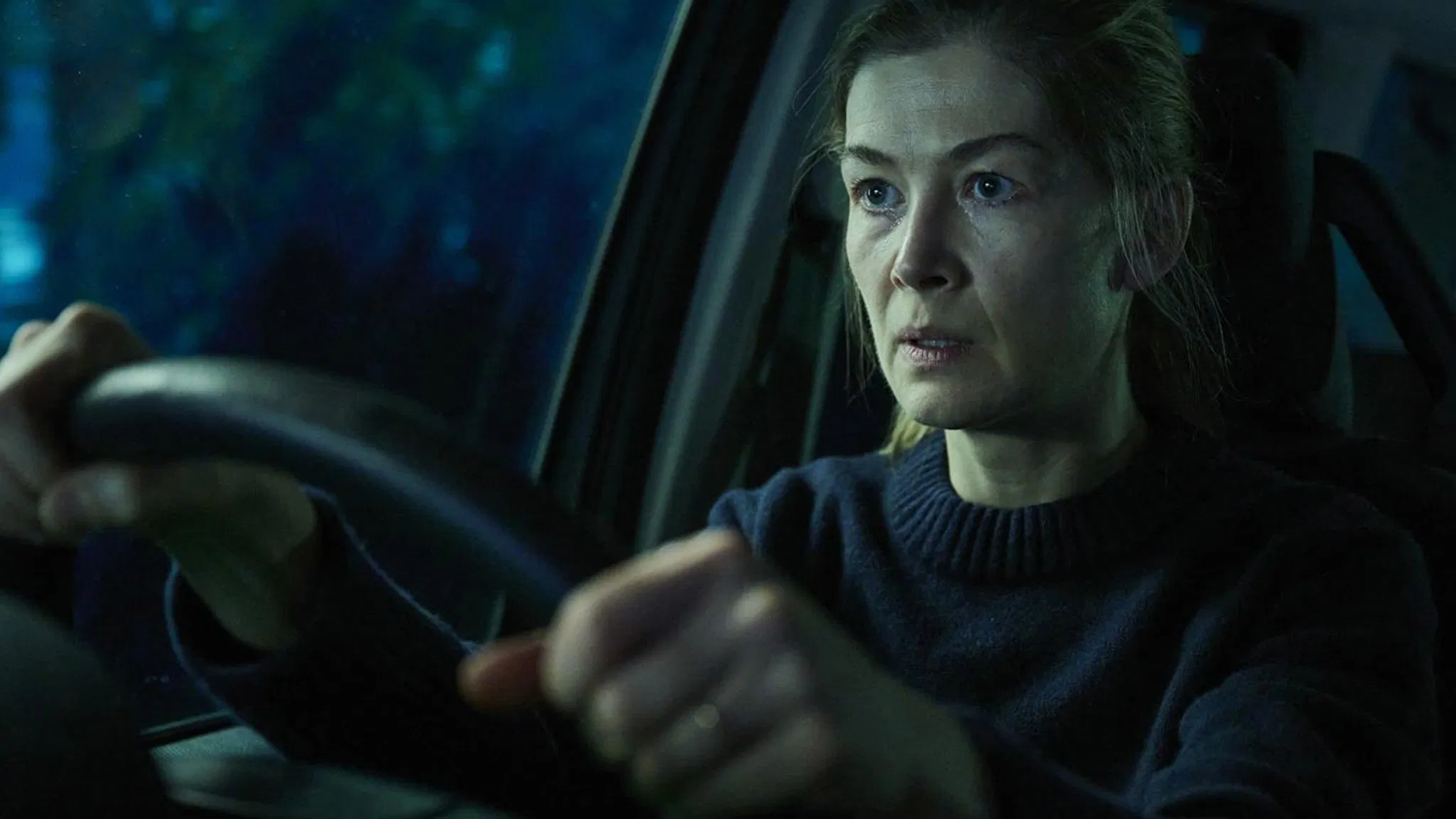
The Problem With Hallow Road? It's Too Good at Its Own Game.
Let's be clear: this movie isn't for everyone. If you're expecting a payoff, look elsewhere. This is an exercise in restraint. A test of how long you can dangle over the edge before begging to fall.
IndieWire praised the film's “nerve-shredding minimalism,” while SlashFilm called it a “psychological pressure cooker.” But even they admitted it will leave some viewers cold—or just lost.
ScreenRant pointed out that Anvari's choice to focus entirely on dialogue “brilliantly amplifies the psychological stakes,” but warned: “The film leaves too much for the audience to decipher, risking narrative disconnection.”
This isn't storytelling by reveal—it's storytelling by absence. And that can feel like a betrayal if you're not warned.
But Let's Talk About the Performances—Because Wow.
Pike and Rhys don't just act. They bleed. Watching them is like eavesdropping on grief in real time. Their faces contort in ways only parents in distress know. Pike is all coiled panic. Rhys, the flailing calm. Together, they radiate the terrible helplessness of modern parenting—when all you can do is listen, scream, and hope the line doesn't drop.
And yes, you'll feel the tension like a fist in your gut. Every wheeze from Alice. Every crackle of the phone. Every minute they don't arrive.
The Fairy Tale Twist—Too Clever or Just Enough?
Here's where things get weird. Hallow Road drips with folkloric dread—fae imagery, whispers in the dark, something possibly supernatural in the woods. But Anvari never confirms any of it. It's like a horror bedtime story where you're the parent and the kid won't tell you how it ends.
The sound design does heavy lifting—bones snapping, wind howling, breathing becoming monstrous. But the ambiguity? It's a gamble. Some call it genius. Others, a cop-out.
The JoBlo review summed it up best: “It's an arthouse horror road trip where the destination is entirely in your head.”
So… Is Hallow Road Worth Watching?
Yes. If you've ever been a parent. Or a child. Or someone who hates waiting for bad news.
But only if you're willing to let go of answers and just feel. Because Anvari doesn't want to tell you a story. He wants you to live a nightmare—one slow mile at a time.
“What if you couldn't help the person you love most?” That's the movie. No demons. No blood. Just heartbreak and headlights.
Like a Grimm Brothers' tale told through Bluetooth.
Hallow Road is unsettling, bold, and defiantly incomplete. It asks: Can horror exist without a monster? Can grief be a ghost story?
You'll either love this or hate it.
Me? I was haunted. And still a little pissed. But maybe that's the point.
